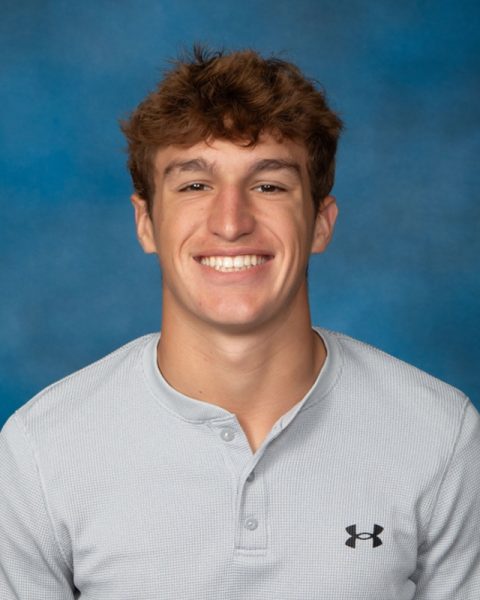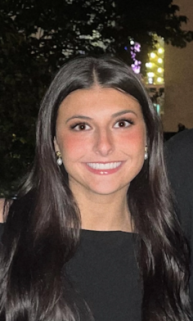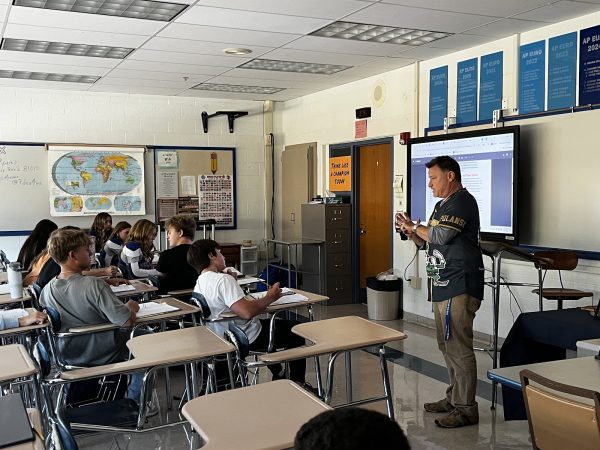Mental health resources emerge through United States

This image was accessed via Google Images under the Creative Commons License
Youth depression rates have risen from 5.9% to 8.2% since 2012. Depression symptoms can impact performance in school and interfere with personal relationships. Pennsylvania has many resources for people struggling with any mental health issue.
According to the U.S. Department of Health and Human Services, one in five students experiences a mental health problem during their school years. Studies have shown that the winter weather in combination with the pandemic has worsened this problem in youth mental health. Even though this issue is a growing one, many students aren’t able to receive the help that they need because of exterior factors.
Resources for mental health services can help students and young adults in the community feel like they are being heard. Locally, there is a multitude of mental health resources to help anyone struggling and improve their outlook on life. The state offers many mental health centers, addiction treatment centers and a crisis center that is open twenty-four seven.
“In Pennsylvania in 2021 alone, 20% of adults received one or more mental health services via the CDC,” says Mr. Poletti, Trinity’s sociology teacher.
When mental health treatment is community-based it enables people with mental illnesses to maintain relationships, friendships and jobs while being able to receive treatment.
Schools are an ideal place to provide mental health services to young adults and children. Giving students access to these services in school is more cost-effective for struggling students. Trinity provides many of these services; the high school has guidance counselors assigned to students via last name (Ms. Burns last names A-G, Mr. Poletti last names H-O, Mrs. Amaismeier last names P-Z), and Trinity also has social workers and therapists available to the students via an appointment.
Students also have access to the Safe2Say hotline where they can anonymously report if they or someone they know is a threat to themselves. To access the hotline, students need to go to the Trinity High School website and click on the Safe2Say tab to report.
“I think educating both staff and students would help bring awareness to mental health and help people feel more empathetic towards what others are going through,” Junior Paige Keener says.
One way to assist adolescents in the community is to help them when needed and to listen to their needs and wants. Most young students just need turned in the right direction.
If you or anyone you know is struggling with mental health, please reach out to a professional for help.
Substance abuse & mental health administration helpline: 1-800-662-4357
National suicide prevention lifeline: 1-800-273-8255
National hope hotline: 1-800-442-4673
Crisis call center: 1-800-273-8255
When not busy with homework or extracurriculars, Emma is normally reading a fantastic new book or looking for new things to write about. She adores spending...





